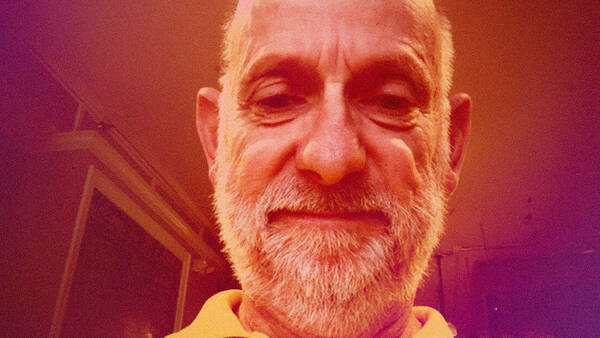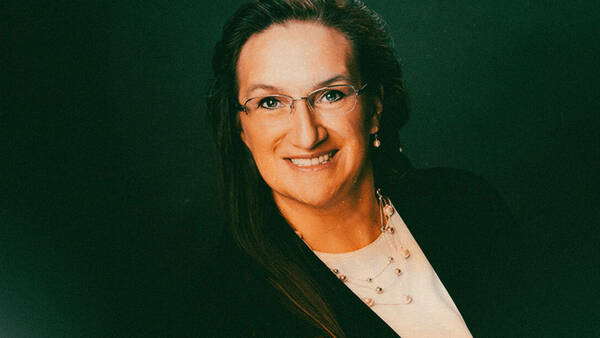When Peace Corps volunteer Cymone Wilson ’08 landed in Jamaica in the spring of 2016, she was ready to embrace her 28-month assignment to help primary school students struggling with reading. The only problem? The library at her school was closed.
“The books were being eaten by bugs—I didn’t know there were actual bookworms until I saw that,” says Wilson, who was working in Jamaica as a literacy advisor for grades 1-6. “Or they were way above my students’ reading level. We had Shakespeare and Moby Dick—classics, but the kids cannot relate.”
The horseshoe-shaped library, which had been created by knocking down the walls and combining three adjacent classrooms, was in disrepair, and there were no librarians to staff it—until Wilson came along.
“Every school needs a library, and kids need to know that reading is important—and that it is fun, and it is cool,” says Wilson, a lifelong lover of reading who left a customer service job to join the Peace Corps at age 30.
She worked with volunteers in Bath, a rural community of around 2,000 residents on the eastern side of the island, to clean up the space. Friends and family in the U.S. donated more than 500 books that were age and reading level appropriate for the primary school level.
“A lot of my students don’t have books at home, so they were so excited to come to the library. I had to teach them how to properly put books away on the shelf, and the concept of returning them to me,” Wilson says. “And then I discovered who my awesome readers were, the ones flying through chapter books, and I gave them my own personal stash of books I loved when I was a kid. And when they’d say, ‘Oh Miss, I loved this book,’ my heart would be exploding, so happy that they loved reading.”
Wilson took on librarian duties in addition to her literacy advisor job. During the school day, she worked one-on-one with students reading below grade level. After school, she staffed the library and earned a reputation for being involved in all the students’ activities, whether it was spelling bee club, a track meet, or a dance competition.
“It became a joke at school: whatever the kids were into, I was into. They’d say, ‘There’s Miss Wilson again,’ at whatever the activity that day was,” says Wilson, who wrapped up her service in July and is now living in Chicago. “I wore a lot of hats, and I was invested. I have been given a lot, and have had so many opportunities. I want to give back, and it is just the right thing to do for another human being.”
Wilson, whose parents emigrated to the U.S. from Jamaica, was part of the first group of Peace Corps volunteers to choose their service locations. Given this opportunity, she knew that she wanted to serve in Jamaica. She had spent time there throughout her life, visiting family in the capital city, Kingston, and in resort areas, but wanted to see more of the country.
“I had a feeling not all of Jamaica is like that, and wanted to go find out for myself,” Wilson says. “I got to learn about where my family comes from and my cultural background, while at the same time sharing what I love with these students. It was a perfect fit.”
Wilson could speak conversational Patois, Jamaica’s native language, and says that her familiarity with the culture was an asset, but her two and a half years in Bath were not without challenges. The self-proclaimed city girl adjusted to life in a rural community—no AC despite temperatures soaring to 90 degrees, hanging laundry to dry on a line, spotty internet connection. She says her school was more fortunate than others, because they had a copier, a few computers, and white boards.
“I didn’t realize what a big difference there is between the beautiful Sandals commercials we see on TV and how 95 percent of the country lives,” she says. “It is rough—it is not an easy place to be. I realized how resilient Jamaicans are, how hard working they are. Some of my students were literally hiking down a mountainside to get to school, and others had to take taxis. Getting to school was not the easiest, but rain or shine, they were coming.”
The students are what Wilson misses most since returning to Chicago a few months ago. She keeps in touch with them and her fellow teachers through social media, and has plans to ship more books to the library later in the year.
And though her Peace Corps service is over, Wilson’s commitment to education remains strong. She now works for Elevate K-12, an education technology company with a mission of making online learning accessible to students, regardless of socioeconomic status. She remains enthusiastic about the Peace Corps, and wants to help recruit more participants, especially minorities.
“It is a great thing,” she says. “The Peace Corps is often referred to as ‘the hardest job you’ll ever love.’”
To learn more about the Peace Corps, visit peacecorps.gov. To talk with Cymone directly with questions about a Peace Corps service experience, email cymonewlsn129@gmail.com.



